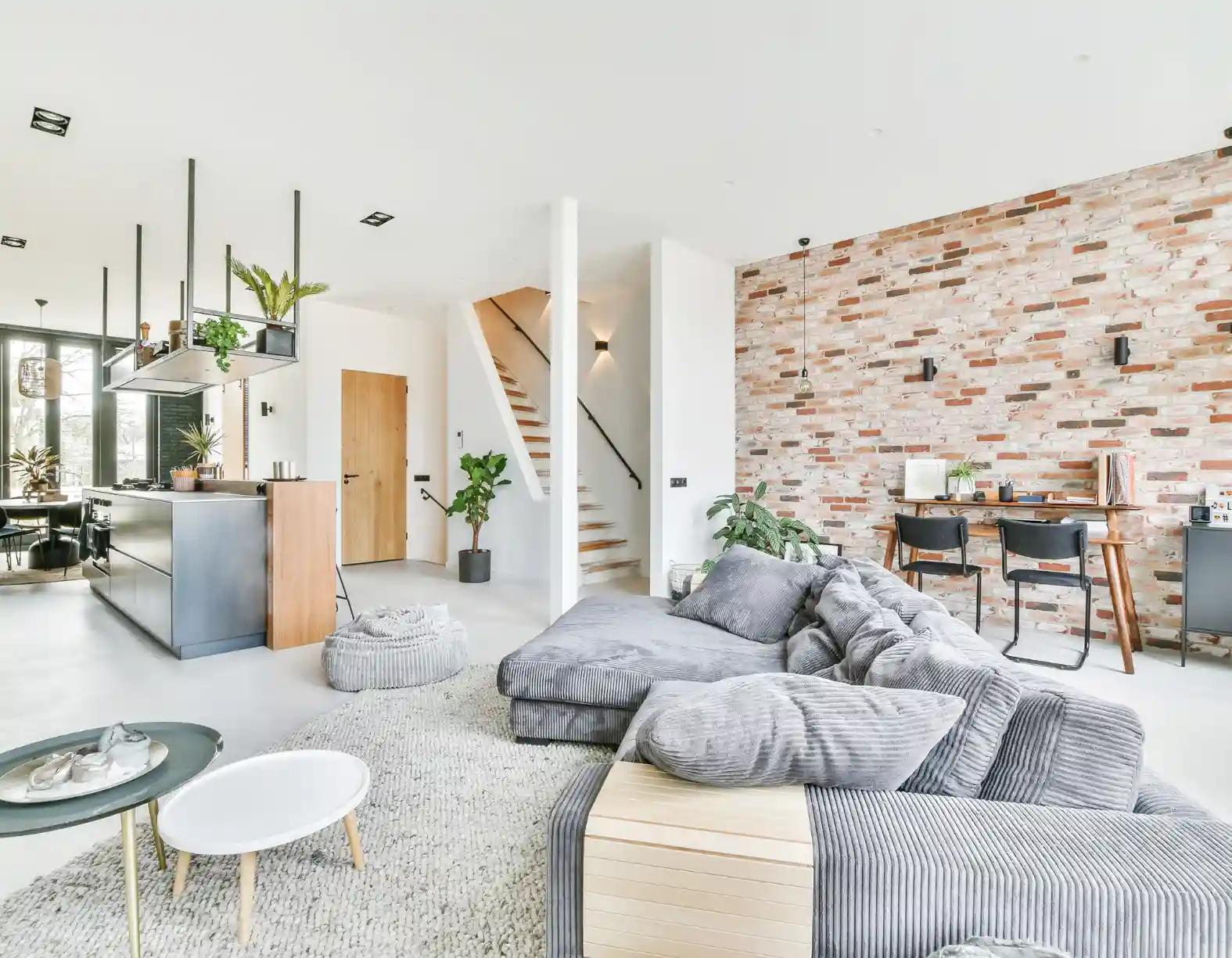- What’s new in the UK Property Market?

Short Term Rentals – A Shift in Traveller Behaviour
A few years ago, short-term rentals were marketed by hosts to international holiday-makers, and those were investing a lot of time and money to tour a destination that was far away from their home. However, since the pandemic – and the travel restrictions it introduced – more people than ever before have geared towards staycations/ domestic travel. Either because the lockdown has encouraged them to appreciate local sights more, or the pandemic has financially impacted them – making staycations seem more affordable. This notable shift in traveller behaviour has opened-up opportunities that were previously few and far between for STR hosts in the UK property market. In fact, a summer article from TravelWeekly claimed that domestic travel is certainly “here to stay” over the rest of 2022 and 2023 – with 58% of UK travellers reporting that they are planning staycations in the UK rather than holidays abroad with their families. According to the same article, the main reasons for UK travellers to take holidays are to:- Relax (46%)
- Go to the beach (38%)
- Spend time with loved ones (35%)

Prioritising Flexibility
Today’s travellers – predominately millennials and Gen Zs – prioritise experiential holidays more than any other generation. They are the new digital nomads and adopting working remotely. This new wave of the population is bored of the cumbersome nature of traditional hotel rooms, and much prefer accommodation with flexibility, personality, and space that allows them to socialise with others easily. In this instance, short-term rental accommodation ticks every single box. This article from YPulse clearly states that millennials and the industry’s “younger consumers” feel the need to travel more than ever since the pandemic. It also outlines a clear preference among “Airbnb style” accommodation for the current and future generations – because of the flexibility it offers. On the other hand, votes towards traditional hotels seem to be on the decline. According to YPulse, the number of millennials who prefer to stay in hotel accommodation while on holiday, has nearly halved since 2017.
Remote Working Culture
The pandemic jolted nearly all of the UK’s population into a new “work-from-home culture” in 2020. Lockdown gave people a “taster” of what it would feel like to work remotely; with a large chunk of them choosing to continue with this lifestyle, even after the world opened up. Fifty of the country’s biggest employers have said that they have no plans to return to an office (source: bbc.com); and 19% of the British public have claimed that they’d like to continue working from home for the foreseeable. What’s interesting is that there’s been a massive spike in interest in hybrid working (where people combine working from an office and working from home), with 85% of working people currently doing this now. This means there’s now a greater demand for properties as short-term rentals in the UK property market, as more and more people can easily take short domestic breaks, without needing to worry about taking time off work. The age of Zoom and Teams meetings has enabled a new working generation to fulfil their responsibilities anywhere – with the preference being STRs over boxed-up hotel rooms.



